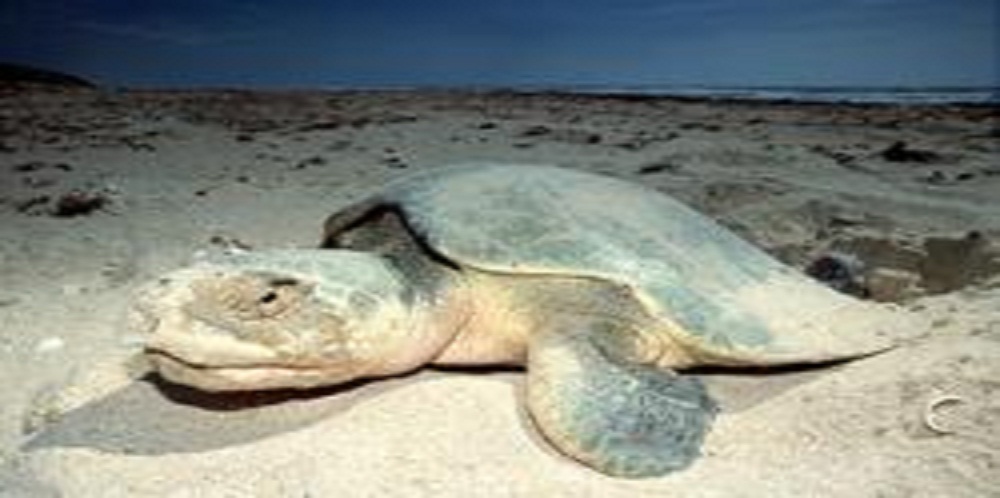As the nesting season nears in the Gulf of Mexico, sea turtles remain at risk from oil spills, contaminated beaches, and polluted waters nearly a year after the BP Oil spill. At a federal oil spill restoration hearing being held in Galveston, Texas, tomorrow, sea turtle advocates will call for better beach clean-up, new egg hatcheries and restoration of wetlands and coastal habitat.
“We lost hundreds of turtles last year, and we need to do far more to give them a chance to recover from that dark season,” said Carole Allen, Gulf Director of the Sea Turtle Restoration Project in Houston. “They are returning to nest but not enough has been done to make sure beaches are clean and eggs are protected, not to mention the never-ending problem of capture as bycatch in fishing fleets.”
The public hearing is one of several hearings being held in Gulf states and Washington DC seeking public input on how to best restore natural resources that were harmed by the BP oil spill. As required by the federal Oil Pollution Act, the U.S. government is conducting an environmental review of restoration planning under the National Resource Damage Assessment.
STRP is recommending several priority sea turtle restoration projects including:
· Clean all oil and test sea turtle nesting beach sands to 30 inches to ensure they are not toxic to sea turtle embryos, because even trace amounts of toxic oil residue coating Gulf beaches can be toxic to normal hatchling development.
· Construct protective corrals (hatcheries) around sea turtle nests to increase nesting and hatchling success, including a new corral near Galveston on the Upper Texas Coast.
· Restore wetlands and barrier islands where post-nesting and juvenile sea turtles feed on crabs, oysters, and other prey.
Of critical importance to restoring sea turtle populations harmed by the BP oil spill is the need to reduce or eliminate ongoing threats to endangered sea turtle habitat. Failure to reduce fishery and offshore oil threats to sea turtles will doom any other restoration projects to failure. STRP is urging that protected marine areas be established, offshore oil and gas operations be overhauled and that commercial shrimp trawl and longline fishing be reduced in the Gulf of Mexico.




